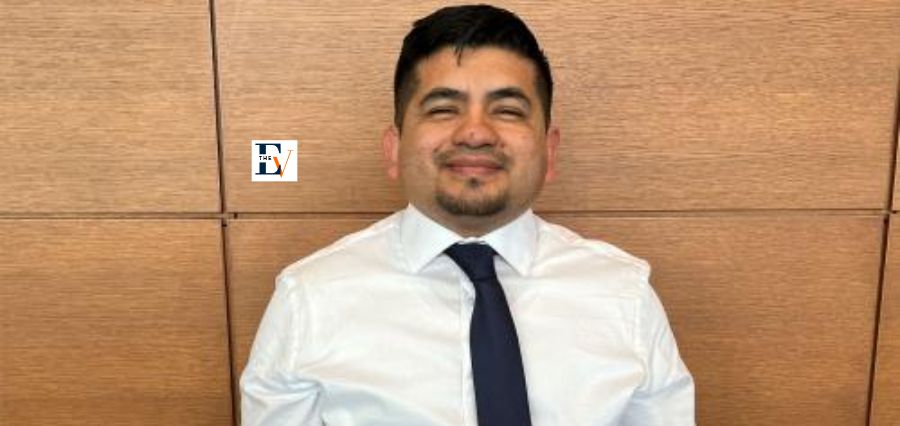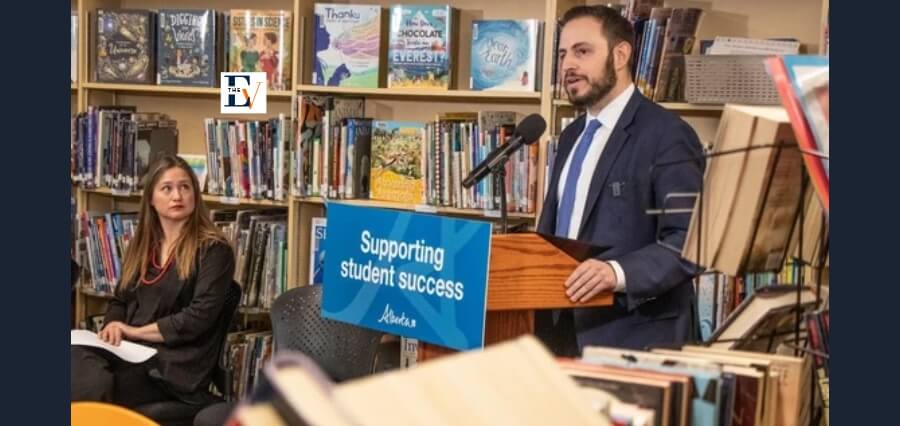GCC nations are embracing the new tool as a way to transform their education sectors as public and private entities worldwide consider how to utilize generative AI technology.
The November 2022 arrival of ChatGPT by Silicon Valley-based fire up OpenAI released a rush of energy and concern encompassing the capability of generative simulated intelligence to change scholarly work. In order to produce prompt responses that are human-like, the tool is built on a large language model that has been trained on a large amount of written data. Since then, ChatGPT has demonstrated proficiency in writing poetry, screenplays, essays, and some written exams.
Generative AI transforming Education
GCC nations leading with generative AI The capabilities and rise in popularity of chatbots prompted educators and administrators to worry about plagiarism and cheating. The use of ChatGPT has been outlawed by schools in New York and universities in Australia, France, India, and the United States. Other educational establishments are working on redesigning assessments to discourage the use of generative AI.
However, as part of their larger AI plans, a few GCC nations are utilizing generative AI technology. Technology like this could help the region’s economies diversify beyond hydrocarbon revenue by improving education outcomes for the current generation and training qualified workers for jobs of the future.
Man-made intelligence could contribute some $15.7trn to the worldwide economy by 2030, as indicated by consultancy PwC. Of this, 2% – or $320bn – is supposed to help the MENA locale. Between 2018 and 30, the region’s average annual growth in AI’s contribution to GDP is anticipated to be between 20% and 34%.
The UAE turned into the primary country to name a pastor of state for man-made intelligence in 2017, denoting its aim to help interest nearby, and Qatar distributed its Public simulated intelligence Procedure in October 2019.






